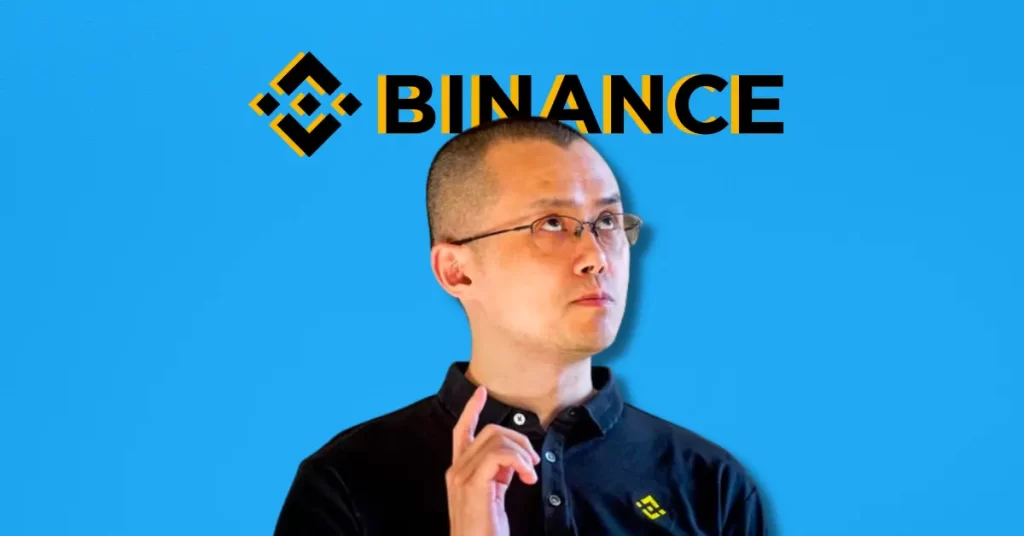
The post Will Donald Trump’s Pardon End Changpeng Zhao’s Legal Crisis with Binance? appeared first on Coinpedia Fintech News
The cryptocurrency community is still in a frenzied state following the undisputed victory of pro-crypto US leaders led by President-elect Donald Trump. The Trump administration has promised a tone of goodies for the cryptocurrency industry due to the overwhelming support during last month’s election.
Already, institutional investors’ confidence in the cryptocurrency industry has significantly surged in the recent past. Furthermore, the overall crypto cash inflow, as observed by the US spot BTC and Ether ETFs, has increased the ongoing bullish outlook.
The Ex Parte Garland Playbook
As the United States undergoes a crucial transition to welcome the Trump administration, the difference with the Democrats has been exacerbated by today’s President Biden’s pardon for his son, Hunter Biden. Furthermore, President Biden pardoned Hunter not only for the gun and tax convictions but also for any crime he might have committed in the last decade.
As a result, Hunter is immune from any potential investigation by the Trump administration.
Consequently, the crypto community has been pushing the upcoming Trump administration to exercise its powers to pardon unfair treatment of Binance co-founder Changpeng Zhao (CZ).
According to CZ, he would welcome a Presidential pardon but does not wish to be a CEO again, which will also align with the plea agreement.
Notably, CZ agreed to resign as Binance CEO and to pay a $50 million fine as part of the guilty plea to US federal charges. Additionally, Binance agreed to pay $4.3 billion in fines for violating US laws.
Currently, President-elect Trump is preparing to pardon Ross Ulbricht, the founder of the Silk Road darknet marketplace who was sentenced to two life imprisonment without eligibility for parole.

 1 month ago
33
1 month ago
33
 BNB (@cz_binance)
BNB (@cz_binance) 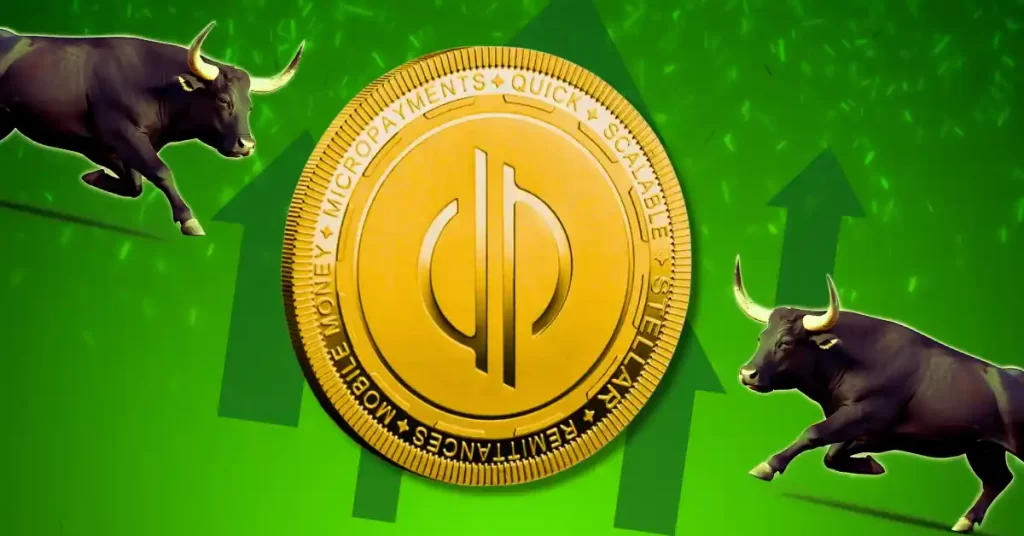
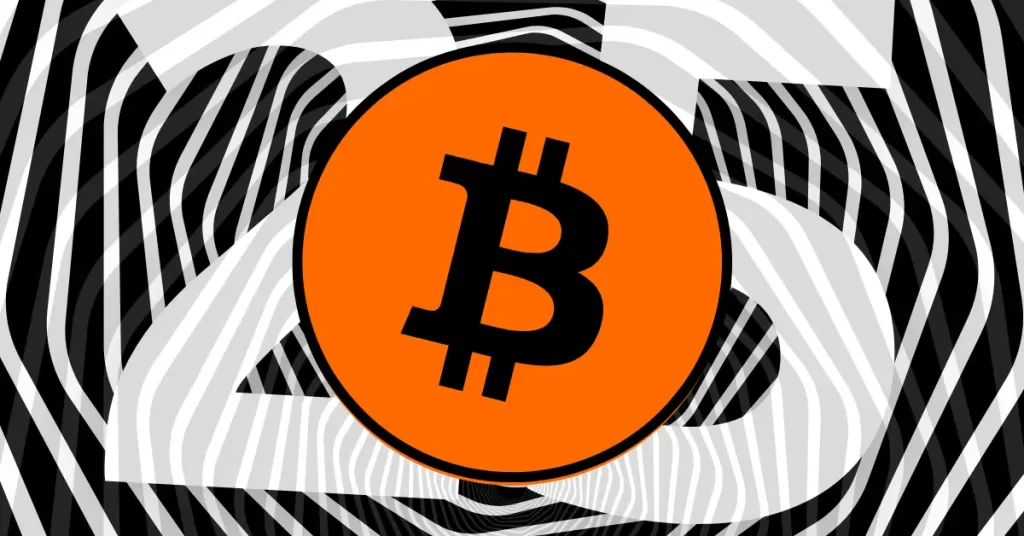
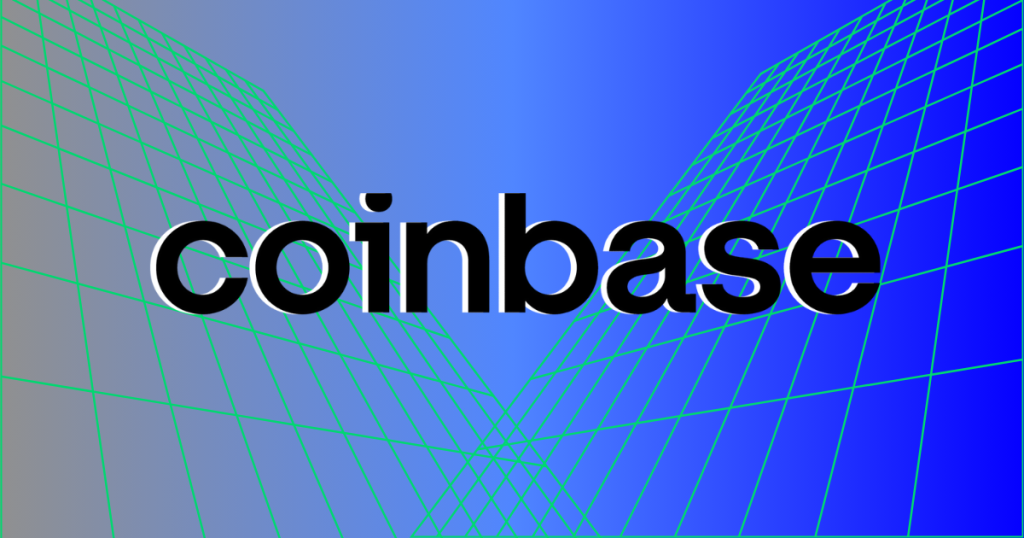
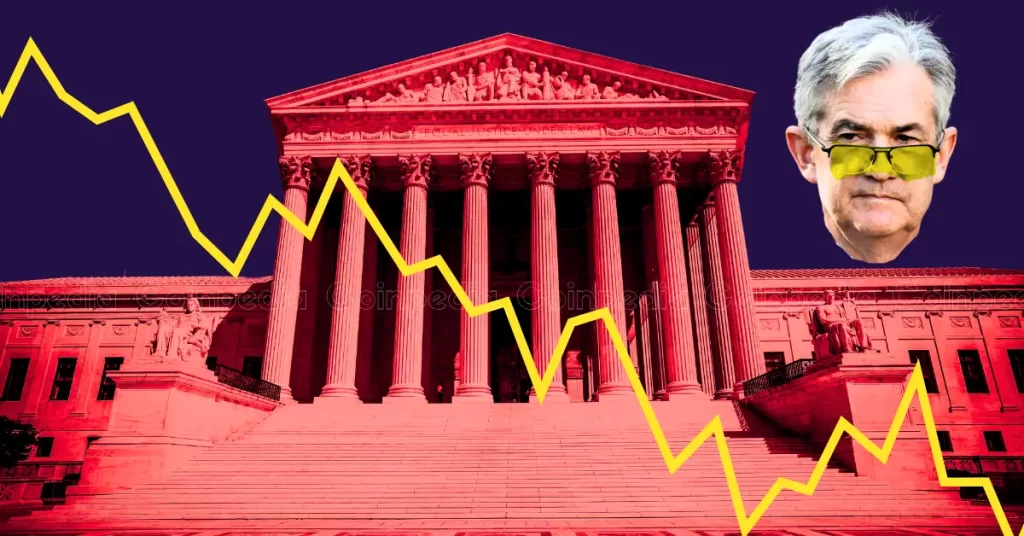





 English (US) ·
English (US) ·